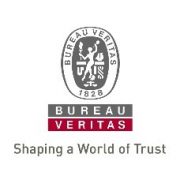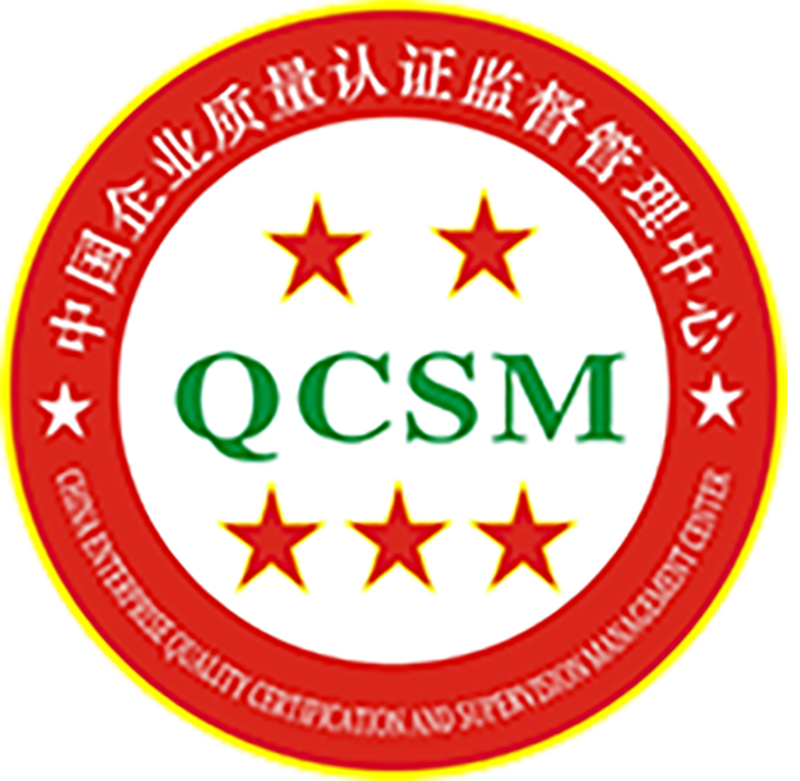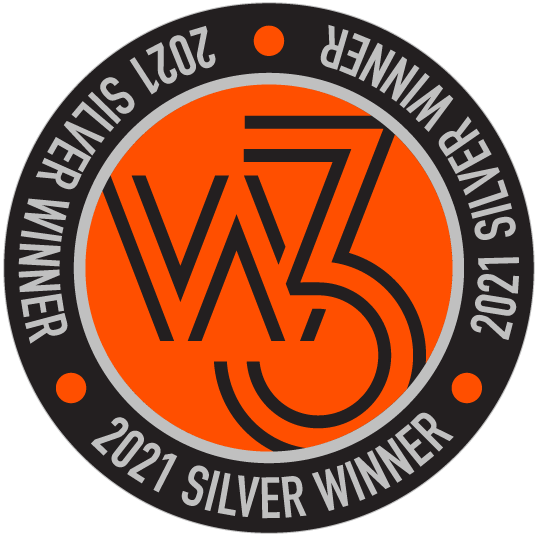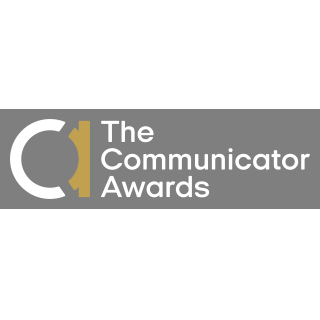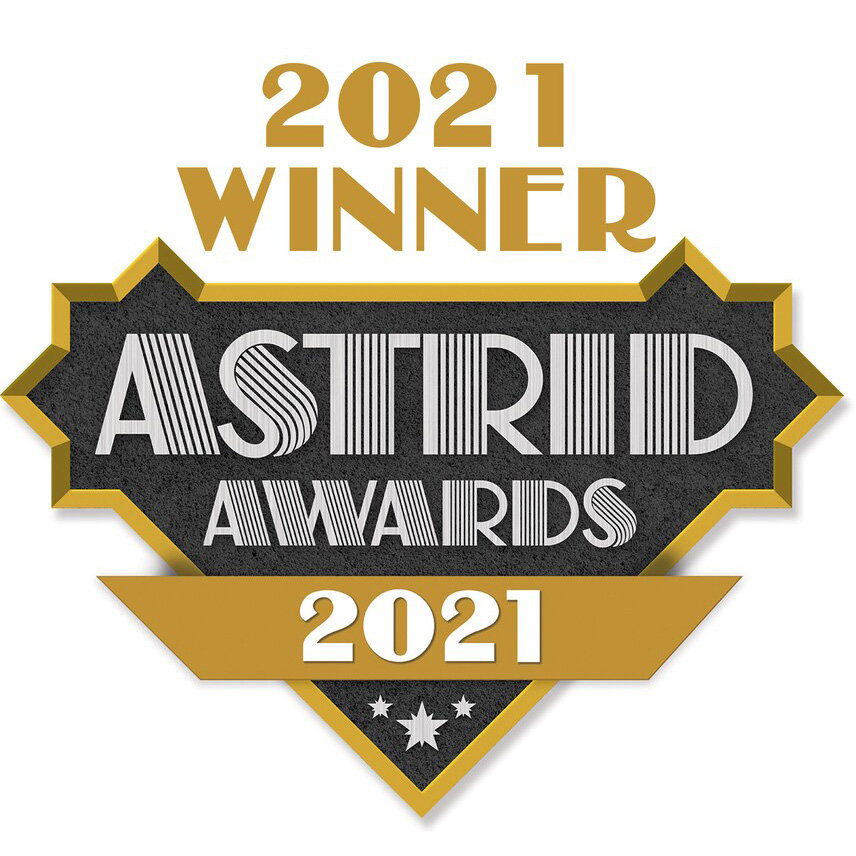Eyewear is an essential accessory that serves both functional and aesthetic purposes. It is important that the eyewear you are wearing protects your eyes from harmful radiation and other hazards, and complies with international standards.
Learn More:
Fashion Forward: Clothing Industry Embraces Technology and Sustainability
There are different global standards required for eyewear products where retailers, brands and manufacturers must comply. At the same time, performance and usability testing are increasing in demand, in addition to safety testing.
1. American national standard (ANSI)
Ophthalmics – Nonprescription Sunglass and Fashion Eyewear Requirements – ANSI Z80.3
This standard applies to noncorrective lenses that are intended for attenuation of light, for fashion eyewear, and for the flammability and durability of frames and lenses. The standard details compliance information for flammability, durability, cosmetic, refractive, and transmittance properties of sunglasses that should be determined by the manufacturer using an appropriate statistically significant sample procedure at an appropriate stage of manufacture. These may vary depending on the type of lens. The document also details test procedures for assessing these properties.

2. Australian and New Zealand standard (AS/NZS)
Sunglasses and fashion spectacles – AS/NZS 1067:2003
This standard specifies minimum requirements for sunglasses and sunglass lenses of nominal plano power, and which are not prescription lenses, intended for protection against solar radiation for general use, social and domestic purposes, including road use and driving. The standard proposes a specification of physical properties for sunglasses and sunglass lenses that should be determined by the manufacturer using an appropriate statistically significant sample procedure at an appropriate stage of manufacture. These may vary depending on the type of lens. The document also details test procedures for assessing these properties.
3. European standard (EN)
Eye and face protection – Sunglasses and related eyewear – Part 1: Sunglasses for general use – EN 12312-1
This standard specifies the requirements for sunglasses and related eyewear for general use, including road use and driving, intended for protection against solar radiation. It covers the construction, materials, transmittance, refractive power, robustness, resistance to solar radiation, ignition, and abrasion of sunglasses. It is applicable to all plano power sunglasses and clip-ons for general use, including road use and driving, intended for protection against solar radiation. It provides a series of requirements that manufacturers must comply with, such as checking that their products do not have sharp edges that may injure wearers, or cause vision impairments that prevent users from distinguishing traffic lights, as well as stating the different levels of UV protection.
In short, international standards ensure that eyewear is safe, reliable, and of high quality and is manufactured and mounted precisely to provide quality spectacles to the market.
Register for the Hong Kong International Optical Fair to try out fashionable eyewears and learn the latest industry insights:
hktdc.com Sourcing holds the same belief and always put quality eyewears first on our e-Marketplace.
Come explore these safe and fashionable spectacles yourself:
This article is originally published by Bureau Veritas:
Bureau Veritas provides you with the ultimate solution from auditing, testing, quality assurance to certification, ensuring your eyewear is in compliance with international standards — all through BVHK’s professional specialists and labs. If you have any comments and/or questions, please visit https://www.cps.bureauveritas.com or contact Bureau Veritas CPS HK.






